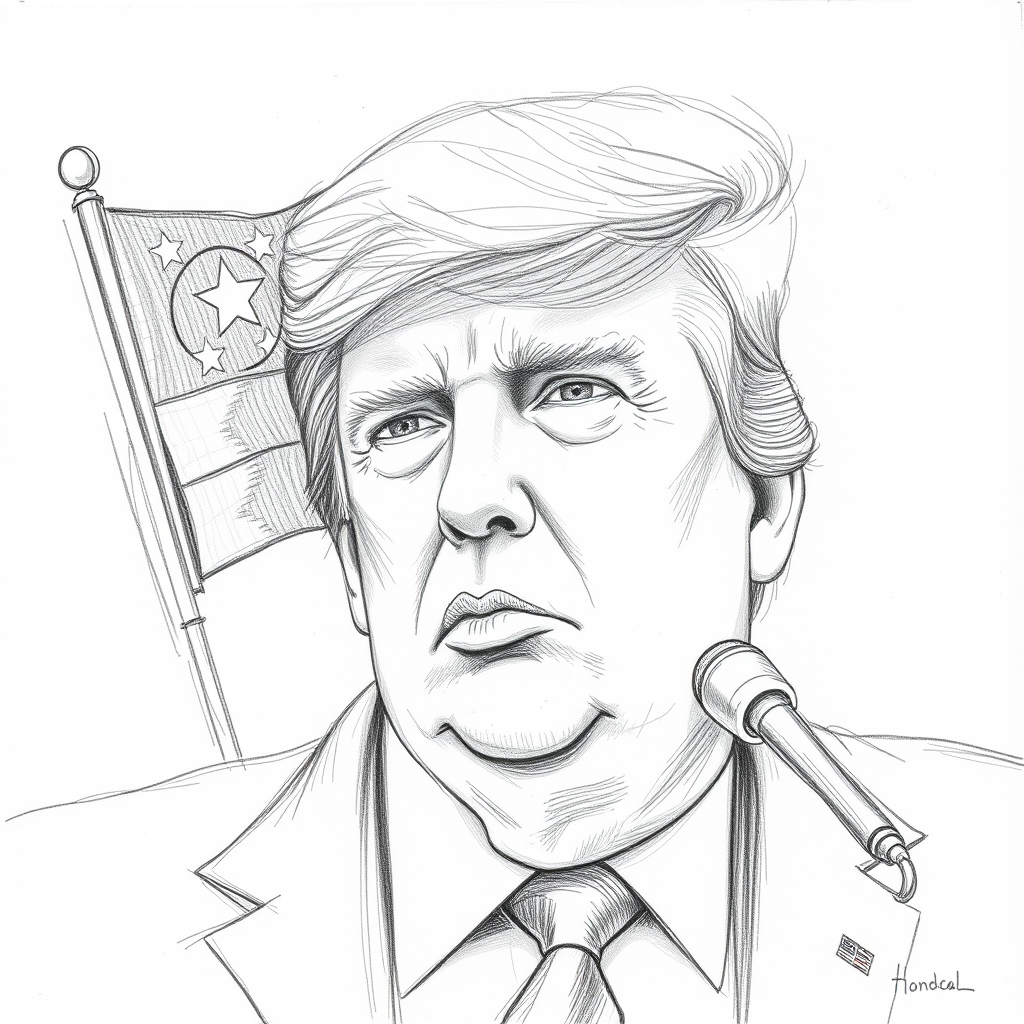Trump's Tariffs: A Plot to Destroy Democracy?

Senator Chris Murphy is sounding the alarm, arguing that former President Donald Trump’s recent tariff policies aren’t rooted in economic strategy, but are instead a calculated maneuver to undermine democratic institutions and consolidate power. Murphy contends that viewing the tariffs as simply economic policy is “dangerously naive,” asserting they are designed to force businesses to pledge loyalty in exchange for relief from the financial burden they impose.
The Connecticut Democrat detailed his concerns in a lengthy social media thread, explaining that the tariffs are intentionally creating economic hardship. This, he argues, allows Trump to selectively grant relief, rewarding supportive businesses and effectively silencing dissent. Murphy draws a historical parallel to British kings who used taxation to control their subjects, noting the American Revolution itself was sparked by such practices.
“Trump knows that he can weaken – and maybe destroy – democracy by using spending and taxation in the same way,” Murphy wrote. He alleges Trump is already leveraging access to government funds to demand loyalty pledges from universities, law firms, and state and local governments.
According to Murphy, a healthy democracy relies on independent institutions – a legal profession upholding the rule of law, universities fostering objective truth and debate, and independent state and local governments providing checks on federal power. The tariffs, he claims, are a direct assault on the independence of the private sector, forcing businesses to seek favor with Trump to avoid financial ruin. He suggests businesses may be asked to publicly endorse Trump’s policies, contribute to his political campaigns, or even monitor employees’ political affiliations.
Murphy acknowledges that public mobilization is already showing signs of working, pointing to recent instances of bipartisan opposition to certain tariffs. He believes that recognizing the true political nature of these policies is crucial to effectively countering them and preserving democratic principles.
While the economic impact of tariffs is often debated, Murphy’s argument shifts the focus to the potential for these policies to be used as tools of political coercion. It’s a stark warning about the erosion of institutional independence and the potential for executive overreach, framing the tariff debate not as a matter of trade, but as a fundamental challenge to the foundations of American democracy.